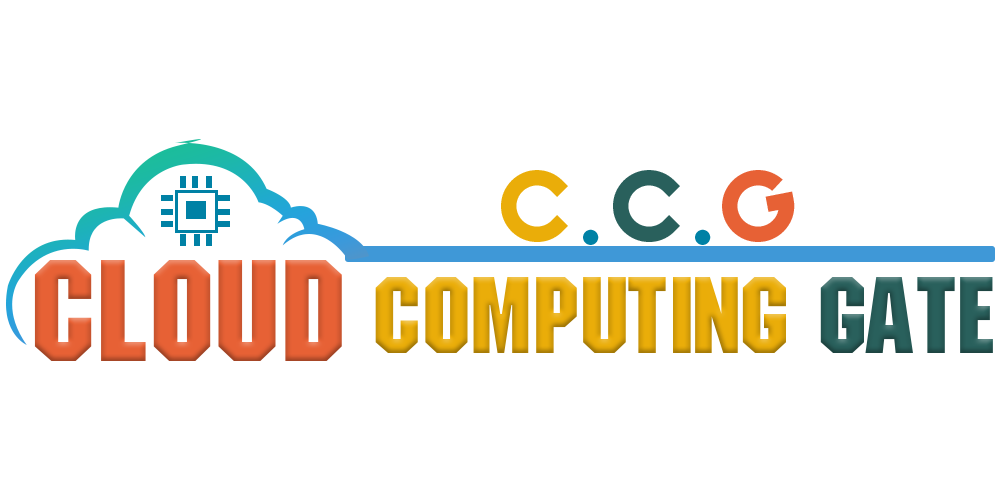Cloud Computing Definition
Cloud computing stands as a transformative force in the realm of technology, reshaping the way individuals, businesses, and organizations approach computing resources and data management. In this comprehensive exploration, we delve into the definition of cloud computing, its fundamental principles, and the impact it has on the digital landscape.
Cloud Computing Definition
Cloud Computing Definition
Understanding Cloud Computing:
At its essence, cloud computing refers to the delivery of computing services—including servers, storage, databases, networking, software, analytics, and intelligence—over the internet (“the cloud”) to offer faster innovation, flexible resources, and economies of scale. In simpler terms, instead of owning and maintaining physical servers or computing infrastructure, users access and utilize computing resources on a pay-as-you-go basis from a cloud service provider.
Key Characteristics of Cloud Computing:
1. On-Demand Self-Service:
Cloud computing provides users with the capability to provision computing resources, such as server instances or storage, as needed without requiring human intervention from the service provider.
2. Broad Network Access:
Services are accessible over the network and can be accessed through standard mechanisms, promoting usage by diverse client devices, such as laptops, smartphones, or tablets.
3. Resource Pooling:
Cloud resources are pooled to serve multiple customers, with different physical and virtual resources dynamically assigned and reassigned based on demand. This multi-tenant model optimizes resource utilization.
4. Rapid Elasticity:
Cloud computing allows for the rapid and automatic scaling of resources based on demand. This elasticity ensures that users have access to the resources they need, precisely when they need them.
5. Measured Service:
Cloud computing resources are metered, and users are billed based on their usage. This “pay-as-you-go” model provides cost transparency and flexibility.
Cloud Computing Definition
Service Models in Cloud Computing:
Cloud computing encompasses various service models, each catering to specific needs and preferences. The three primary service models are:
1. Infrastructure as a Service (IaaS):
IaaS provides virtualized computing resources over the internet. Users have control over the operating system, storage, and deployed applications while the cloud provider manages the infrastructure components.
2. Platform as a Service (PaaS):
PaaS offers a comprehensive environment for application development and deployment. It includes tools, services, and integrated development environments, allowing developers to focus on coding without dealing with the underlying infrastructure.
3. Software as a Service (SaaS):
SaaS delivers software applications over the internet, eliminating the need for users to install, maintain, and manage the software locally. Users access the application through a web browser, and the provider handles maintenance and updates.
Cloud Computing Definition
Deployment Models in Cloud Computing:
Cloud computing is deployed in various models, each tailored to specific requirements. The main deployment models are:
1. Public Cloud:
Public clouds are owned and operated by third-party service providers. Resources, such as servers and storage, are shared among multiple customers, offering cost-effectiveness and scalability.
2. Private Cloud:
Private clouds are dedicated to a single organization, providing enhanced control and security. They can be hosted on-premises or by a third-party service provider.
3. Hybrid Cloud:
Hybrid clouds combine elements of both public and private clouds, allowing data and applications to be shared between them. This model provides greater flexibility and optimization of existing infrastructure.
Cloud Computing Definition
The Impact of Cloud Computing:
1. Cost Efficiency:
Cloud computing eliminates the need for upfront investments in hardware and infrastructure. Organizations can scale resources based on demand, optimizing costs and avoiding the expenses associated with maintaining physical servers.
2. Scalability and Flexibility:
Cloud services offer unparalleled scalability, allowing businesses to adapt to fluctuating workloads. This flexibility is particularly valuable for startups and enterprises facing dynamic operational needs.
3. Global Accessibility:
The cloud facilitates global collaboration by providing users with access to data and applications from anywhere with an internet connection. This accessibility enhances remote work capabilities and international collaboration.
4. Innovation Acceleration:
Cloud computing enables rapid prototyping and experimentation. Developers can quickly test and deploy applications without the constraints of traditional infrastructure, fostering innovation across industries.
5. Enhanced Security Measures:
Leading cloud providers implement robust security measures, often surpassing the security capabilities of individual organizations. This results in improved data protection and cybersecurity.
Cloud Computing Definition
Challenges and Future Trends:
Despite its myriad benefits, cloud computing presents challenges, including concerns about data privacy, security, and potential vendor lock-in. As technology advances, future trends in cloud computing may include the increased adoption of serverless computing, edge computing to reduce latency, and the integration of quantum computing into cloud services.
Cloud Computing Definition
Conclusion:
In conclusion, cloud computing stands as a paradigm shift in the way computing resources are accessed, utilized, and managed. Its definition encompasses a spectrum of services, models, and deployment options that empower organizations to operate more efficiently, innovate faster, and adapt to the ever-changing demands of the digital era. As we navigate the complexities of the technological landscape, the concept of cloud computing continues to evolve, shaping the future of IT infrastructure and redefining the possibilities of the connected world.
Cloud Computing Definition




Comments
0 comments